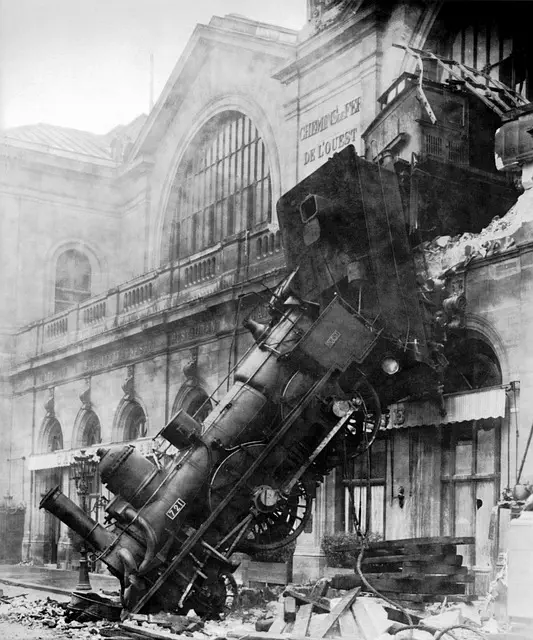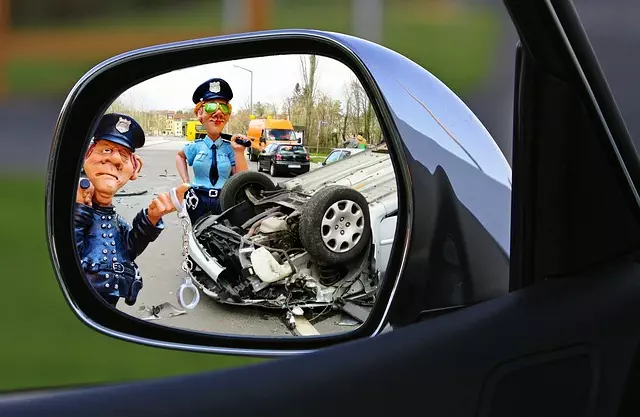In New York City, severe taxi collision cases, particularly those involving traumatic brain injuries (TBI) in nursing homes, demand specialized legal expertise. A traumatic brain injury attorney focusing on nursing home accidents is crucial to navigate complex medical and legal aspects, ensuring fair compensation for victims' lifelong physical, emotional, and financial impacts. These attorneys, equipped with knowledge of local laws and regulations, identify liability, secure evidence, and guide clients through legal proceedings. They play a vital role in holding nursing homes accountable and helping victims recover while pursuing justice.
“In cities like New York City, where traffic is dense and constant, taxi cab collisions are unfortunately common. This comprehensive guide aims to demystify taxi collision cases, offering insights into understanding legal options with a focus on NYC’s unique legal framework. From identifying common causes of accidents to navigating the post-collision legal process, this article equips readers with knowledge.
Additionally, it explores the critical role of a traumatic brain injury attorney in nursing home accidents, highlighting strategies for victims to secure compensation and justice, especially under NYC’s transportation safety regulations.”
- Understanding Taxi Cab Collision Cases: A Comprehensive Guide
- The Role of a Traumatic Brain Injury Attorney in Nursing Home Accidents
- New York City (NYC) Legal Framework for Transportation Safety
- Common Causes of Taxi Collisions and Preventive Measures
- Evaluating Damages and Compensation for Victims
- Navigating the Legal Process: Steps to Take After a Taxi Accident
Understanding Taxi Cab Collision Cases: A Comprehensive Guide

Taxi cab collision cases often involve complex legal and medical considerations, especially when severe injuries like traumatic brain injuries (TBI) are at play. If you or a loved one have been injured in a taxi crash in NYC, understanding your rights and the potential for compensation is crucial. A traumatic brain injury attorney specializing in nursing home accidents can provide invaluable guidance tailored to these unique circumstances.
These legal professionals are equipped to navigate the intricate web of insurance policies, liability determinations, and medical documentation related to TBI claims. Given the severe and often lifelong consequences associated with TBIs, experienced attorneys advocate for fair settlements or verdicts that reflect the full extent of the victim’s physical, emotional, and financial burdens.
The Role of a Traumatic Brain Injury Attorney in Nursing Home Accidents

In the event of a nursing home accident, especially one involving a traumatic brain injury (TBI), having a specialized traumatic brain injury attorney for nursing home accidents NYC is invaluable. These attorneys are equipped to navigate the complexities of TBI cases, which often require extensive medical knowledge and understanding of the unique challenges faced by victims. A qualified lawyer can help identify liability, especially in instances where negligence or inadequate care led to the injury.
They play a crucial role in ensuring that nursing homes and their staff are held accountable for any mistreatment or accidents. With their expertise, they can guide clients through the legal process, helping them secure the compensation they deserve for medical bills, pain and suffering, and other associated costs resulting from the TBI. This support is essential to help victims focus on their recovery while pursuing justice.
New York City (NYC) Legal Framework for Transportation Safety

In New York City, the legal framework for transportation safety is governed by a blend of local, state, and federal regulations. When it comes to accidents involving taxis, the city has strict standards to ensure the well-being of its residents and visitors. In case of injuries, especially complex ones like traumatic brain injuries (TBI), a dedicated traumatic brain injury attorney for nursing home accidents nyc plays a pivotal role in advocating for victims’ rights. NYC’s Department of Transportation (DOT) oversees vehicle safety standards, driver licensing, and traffic regulations, ensuring that taxis meet the necessary criteria.
Moreover, the city has implemented robust measures to enhance road safety, including strict enforcement of traffic laws, regular vehicle inspections, and advanced safety technologies. In the event of a taxi collision, victims may face significant challenges, particularly if they sustain severe injuries. Engaging the services of an experienced legal professional who understands the intricate web of NYC’s transportation laws can help victims navigate the complex process of seeking compensation for their injuries, including TBI-related claims.
Common Causes of Taxi Collisions and Preventive Measures

Taxi collisions can result from a variety of factors, with driver distraction and impatient driving being the most prevalent. Drivers juggling multiple tasks like navigation, passenger requests, and handling traffic can easily lose focus, leading to accidents. Additionally, aggressive driving behaviors such as speeding, running red lights, or tailgating increase the risk significantly.
Preventing taxi collisions requires a multi-faceted approach. Implementing stricter driver training programs that emphasize defensive driving techniques and focus on distraction mitigation can be effective. Advanced technology like collision avoidance systems and in-cab cameras can also play a crucial role in enhancing safety. Moreover, enforcing traffic laws and holding drivers accountable for reckless behavior can contribute to reducing the occurrence of these incidents, ultimately benefiting everyone on the road, including those seeking services from traumatic brain injury attorneys for nursing home accidents in NYC.
Evaluating Damages and Compensation for Victims

When a taxi cab collision results in injuries, evaluating damages and compensation can be complex. Victims may suffer various types of harm, including physical injuries, emotional distress, and financial burdens. A traumatic brain injury (TBI) attorney for nursing home accidents NYC is equipped to assess these damages and ensure victims receive fair compensation.
In cases involving TBI or other severe injuries, the focus shifts from immediate medical treatment to long-term care and rehabilitation. A qualified lawyer understands the multifaceted nature of these claims and works tirelessly to secure financial support for medical bills, lost wages, pain and suffering, and any necessary future care. This process involves meticulous documentation, expert testimony, and a deep understanding of local laws and regulations.
Navigating the Legal Process: Steps to Take After a Taxi Accident

After a taxi accident, navigating the legal process can be daunting. The first step is to ensure your safety and seek medical attention if necessary. If you’ve suffered injuries, especially traumatic brain injuries (TBI), consult with a qualified traumatic brain injury attorney for nursing home accidents nyc as soon as possible. They will guide you through the complexities of personal injury claims in New York City.
Documenting the incident is crucial. Take photos of the accident scene, gather contact information from witnesses and the taxi driver, and keep records of all medical treatment received. These steps are essential when building a strong case to ensure you receive fair compensation for your injuries, pain, and suffering.
When facing the aftermath of a taxi collision, whether it’s due to a nursing home accident or any other mishap in New York City, understanding your legal options is crucial. This article has provided an in-depth guide through the complexities of such cases, from identifying common causes and preventive measures to navigating the legal process. For severe injuries like traumatic brain injuries, consulting a specialized traumatic brain injury attorney for nursing home accidents in NYC can be instrumental in securing adequate compensation and justice. Remember, prompt action is key; take the necessary steps after an accident to protect your rights and ensure you receive fair treatment.
